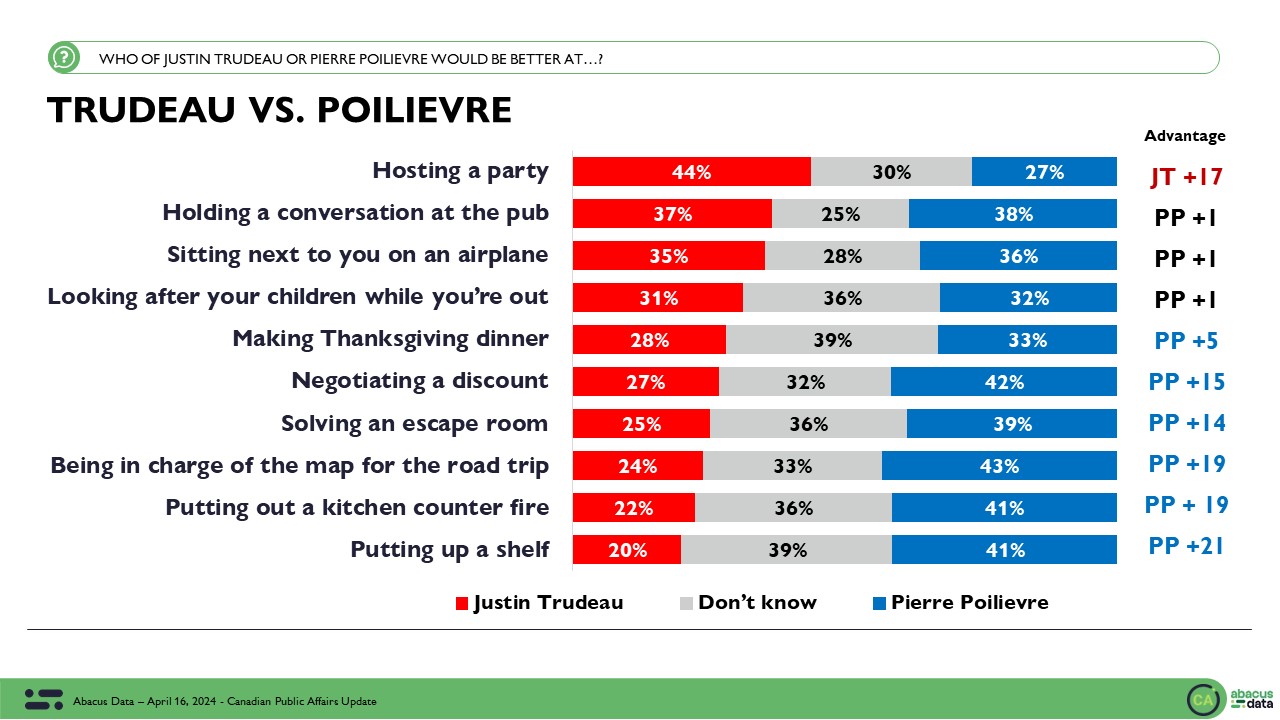Public perceptions remain a major hurdle to gender equity in politics
November 22, 2018
On behalf of Equal Voice, we asked 2,000 Canadian men and women (those 18 and over) their views on politics, political participation, and what can be done to increase women’s involvement in politics. This work is an extension of the study we conducted in 2017 called Finding Parity.
Here’s what we found:
There is widespread recognition among Canadians that men and women involved in politics are treated differently. Over three in four agree with this view and opinions are consistent across gender and age. Women are no more likely to agree there is a difference in treatment (76% of men, and 78% of women).


Across age groups, perceptions among women are pretty consistent but we do find a difference among men of different ages. Younger men (those 18 to 29) are much more likely to agree there is a difference in treatment between men and women (35%) compared to men over 30 (20%).
Along with a sense that men and women are treated differently when it comes to politics, we also find that men are more likely to report that they know a lot or a fair amount about politics. 48% of women surveys say they know a lot or a fair amount about politics compared with 67% among men. That’s a 19-point gap across gender. Among those who say they know “a lot about politics”, men are more than twice as likely to feel that way than women.

Canadian men are also almost twice as likely to say they have considered a career or volunteer position in politics (men 31% vs. women 10%). Of note, younger Canadians (aged 18 to 29) report higher levels of interest in politics than older Canadians but young men (43%) are almost twice as likely to say they have considered a career or volunteer position in politics than young women (24%)

THE UPSHOT
Women face many hurdles to becoming involved in politics. This research for Equal Voice confirms that perceptions remain a powerful barrier in achieving gender equity in Canadian politics.
Women believe that they are treated differently than men in politics. Women are less likely to say they know a lot about politics compared with men. This leads to less confidence and comfort with the subject and ultimately to fewer women who would even consider getting involved in politics – whether as a career or in a voluntary role.
The Daughters of the Vote program is such an important program because it introduces young women to the world of politics in Ottawa. It gives them a seat in our nationally elected legislature, encourages engagement and networking, and builds confidence in their own ability to get involved in politics and make change happen.
METHODOLOGY
The survey was conducted online with 2,000 Canadian residents aged 18 and over from September 14th to 18th, 2018. A random sample of panelists was invited to complete the survey from a set of partner panels based on the Lucid exchange platform. These partners are typically double opt-in survey panels, blended to manage out potential skews in the data from a single source.
The data were weighted according to census data to ensure that the sample matched Canada’s population according to age, gender, educational attainment, and region. Totals may not add up to 100 due to rounding.




